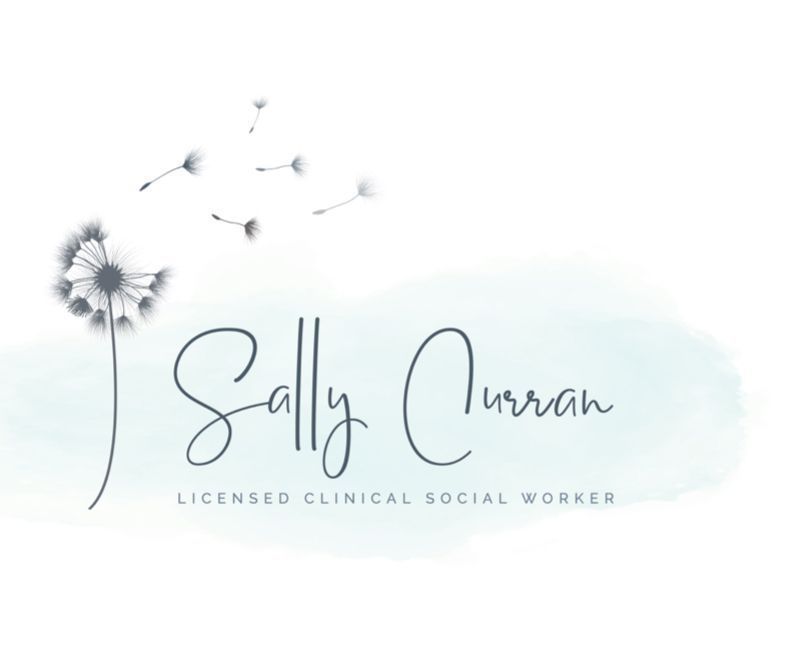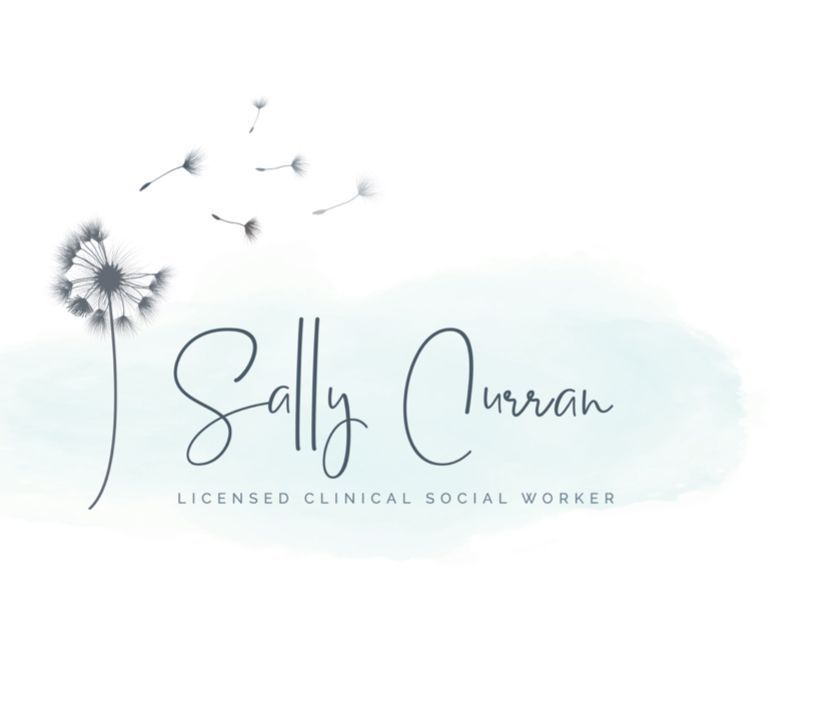Trauma Therapy
in El Segundo, California
Guiding you toward a future of renewed strength and resilience through compassionate, evidence-based trauma therapy
Understanding Trauma
When Something Terrible Happened…
When something terrible happens, life can feel unrecognizable—flat, numbing, and punctuated by bursts of overwhelming anxiety. Trauma has a way of creeping into everyday moments, pulling us back into memories that disconnect us from the present. It can feel like the weight has always been there, leading us to withdraw and shrink our world in an effort to avoid triggers. Even when we put on a brave face, the cracks show, and the confidence or joy we once felt seems far away. Trauma is the psychological response to a distressing event that affects our physical, mental, social, and spiritual well-being.
Symptoms of Trauma
If you’ve asked yourself, “Do I need trauma therapy?” here are some symptoms of trauma:
- Feelings of anxiety, including increased heart rate and tense muscles
- Struggling to express or regulate emotions
- Feeling like the event is happening again or that you can be “triggered” by certain events.
- Recurring negative memories or disturbing images
- Nightmares related to the traumatic event
- Difficulty falling asleep or staying asleep
- Obsessive tendencies
- Purposefully avoiding people, places, or activities that remind you of the trauma
- Constantly fearing for your safety
- Increased use of substances like alcohol or drugs to cope
- Thoughts of suicide and hopelessness
- Withdrawing or feeling disconnected from relationships
- Negative thoughts about oneself or the world
Trauma Informed-Individual Therapy
Trauma-informed therapy focuses on understanding "What happened to you?" rather than "What's wrong with you?" Healing may feel overwhelming, but in a safe, supportive space, it’s possible to recover and grow.
Therapy is tailored to your needs, with weekly sessions. The length of treatment depends on the trauma's nature, its impact, and your progress. Single-event traumas may resolve quickly, while complex traumas often need longer care.
Using evidence-based approaches like Attachment-Focused EMDR, DBT, and trauma-focused CBT, I’ll support you at your pace. Together, we’ll process difficult experiences, fostering healing, growth, and peace.

How Therapy for Trauma Helps
We create our treatment plans to help our clients rediscover the person they want to be. Here are just a few ways that trauma therapy can help:
Feel comfortable
We help you work through what you’ve experienced to help your mind and body feel at peace, and you can feel more like yourself again.
Improve relationships
After you go through a traumatic experience, it can change how you manage and nurture your relationships. Through therapy, we can help you reconnect with and feel comfortable around other people.
Move forward from memories
We help you change the way that memories and experiences affect you. You can move forward by lowering the effect of these memories.
Experience one of the most effective ways to treat trauma.
What is Attachment Focused-EMDR?
Eye Movement Desensitization and Reprocessing (EMDR) is an evidence-based therapy designed to help individuals heal from trauma and emotional distress. Developed in the 1980s, EMDR has proven effective for PTSD, anxiety, depression, phobias, and more. It uses bilateral stimulation (BLS) to process unprocessed memories, reconnecting the mind, body, and emotions. The foundation of EMDR lies in the idea that unprocessed memories from painful past events often underlie current emotional challenges. These memories, carrying the same emotional intensity as when they first occurred, can be triggered by present-day situations, leaving individuals feeling stuck. Think of it like a wound that doesn’t fully heal because it keeps getting reopened.
Attachment-Focused EMDR (AF-EMDR)
It helps individuals process unresolved experiences from early relationships that contribute to emotional distress, insecurity, or difficulty forming healthy connections. Using bilateral stimulation, AF-EMDR reprocesses painful memories, reduces their emotional intensity, and builds healthier ways of relating to yourself and others. This process allows individuals to release feelings of inadequacy, pain, and loss, creating space for meaningful healing and growth. Clients often report feeling more connected to themselves and others, less reactive to triggers, and more capable of forming healthy, secure relationships.
Book A 15 Minute Free Consultation!
Let’s chat! Book a free 15-minute consultation today. Just a simple,
no-commitment opportunity to start addressing your concerns together.
All Rights Reserved | Sally Curran, Licensed Clinical Social Worker PC| Privacy Policy | Website Designed by: Sally Curran

